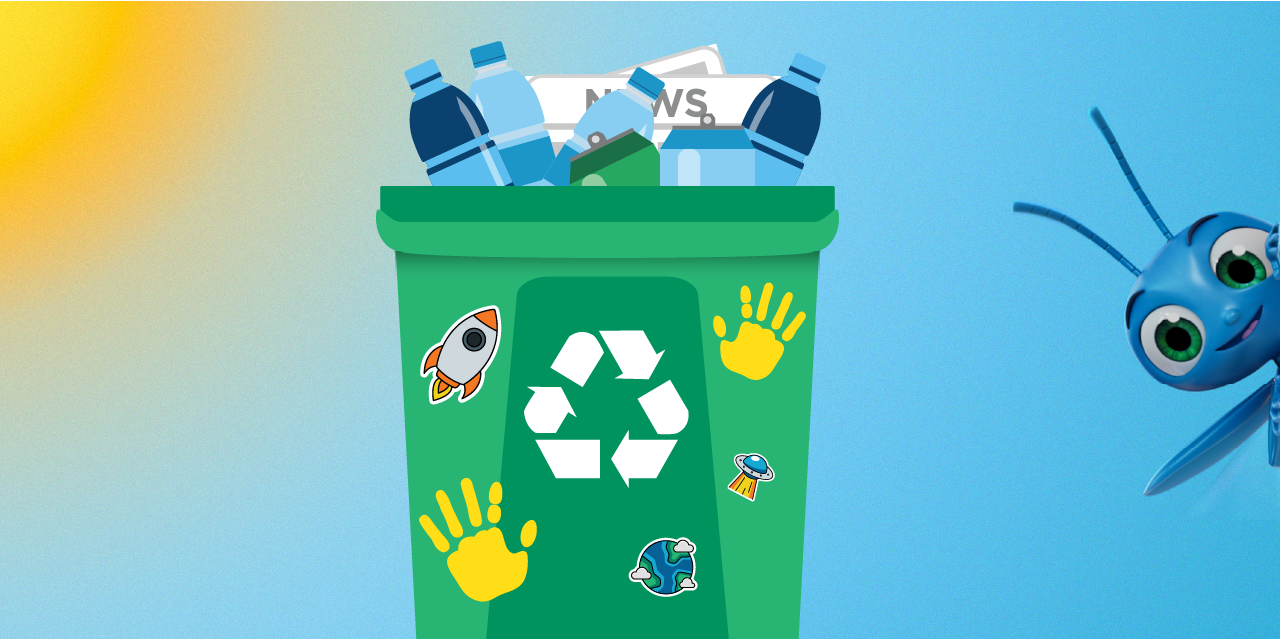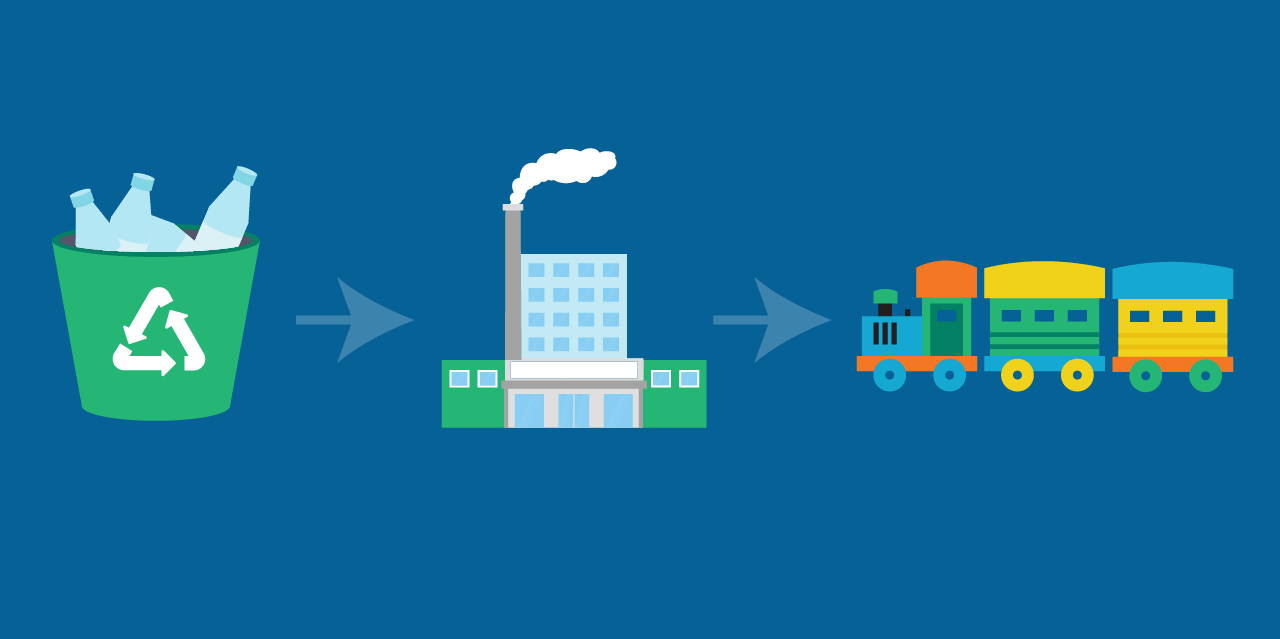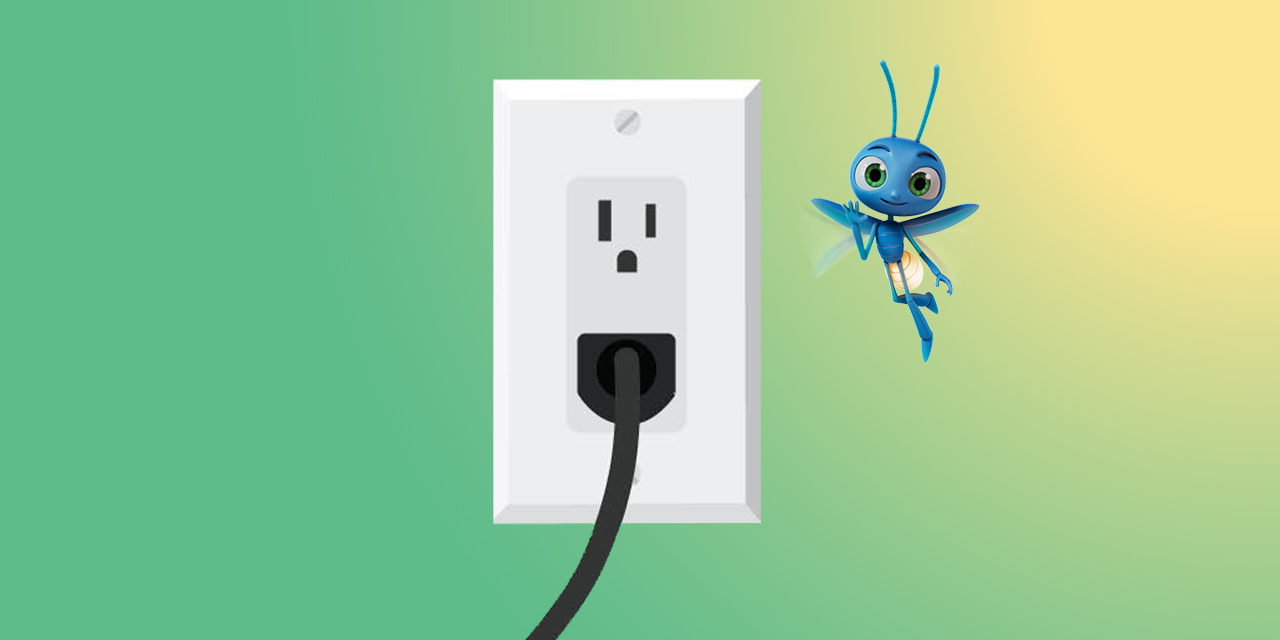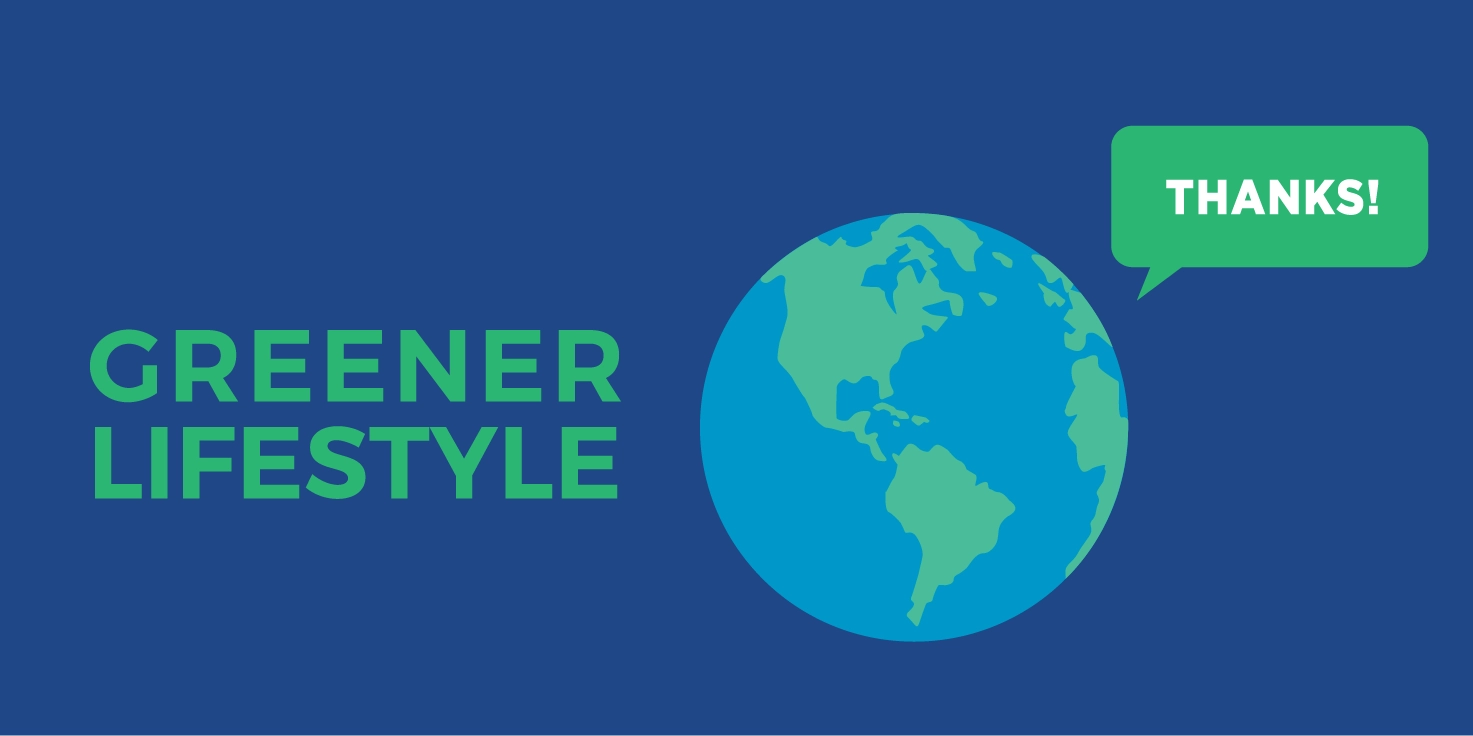Green Mountain Energy® Blog
Recycling Projects for Kids and Families

Recycling may sometimes feel like a chore for kids, but it doesn’t have to. When families make recycling part of their everyday routine, it becomes more than just a habit. It can also be a great hands-on way to teach kids about sustainability while spending quality time together. The earlier kids get involved, the more likely they are to carry those green habits into adulthood.
Green Mountain Energy believes that small, everyday actions like recycling can lead to big environmental impacts. Here, we’re excited to share some creative, educational and engaging recycling projects for kids that the whole family can enjoy.
Make recycling fun.
Friendly competitions can motivate children to participate and learn, so one of the easiest ways to get kids excited about something is to make it a game. Here are a few ways you and your family can gamify recycling:
- Set up a weekly recycling challenge where each family member earns points for correctly sorting items or remembering to rinse containers before recycling. At the end of the week, tally the points and offer a reward to the winner.
- Create a recycling scavenger hunt where kids search the house for items that belong in the recycling bin. This not only helps reinforce sorting skills, but also encourages them to think critically about what materials are recyclable.
- Quiz your kids with flashcards or printable worksheets on recyclable versus non-recyclable items, helping them to build confidence and knowledge over time.
- Give screen time a purpose! Try digital tools like kid-friendly apps and games that teach recycling concepts through interactive play. These can be especially helpful for visual learners.
Want to play your own recycling game at home? Download our free worksheet to turn learning into a fun, eco-friendly challenge for your kids.
Get crafty with recyclables.
Recycling can also be used as a springboard for creativity. Many common household items can be repurposed into fun and functional crafts, which not only reduces waste but also helps children see the potential in materials that might otherwise be thrown away. Use these ideas below and encourage kids to come up with their own ideas for upcycling:
- Use plastic bottle caps to create colorful mosaics or game pieces.
- Transform cereal boxes into custom storage bins, bookmarks or even board games.
- Clean and smooth the edges of your tin cans to turn them into pencil holders, lanterns or planters.
These activities not only foster creativity but also reinforce the importance of recycling for kids by showing how materials can have a second life. Just be sure to supervise younger children, especially when working with sharp tools or hot glue, and provide a safe crafting space with basic supplies like glue, scissors, markers and paint.
Teach sustainability with age-appropriate lessons.
Tailoring your approach to your child’s age helps to ensure that the message of sustainability is both accessible and engaging.
- Younger children (ages 3-6): Start with simple concepts. Use picture books, songs and cartoons that introduce recycling in a fun and relatable way. Sorting games with colorful bins can help them learn to identify different materials like paper, plastic and metal.
- Elementary school (ages 7-11): This age group is ready for more responsibility. Involve them in household recycling routines, like rinsing containers, breaking down boxes and taking bins to the curb. Encourage them to ask questions and explore how recycling works in your community. School projects on reducing waste or environmental science can also reinforce these lessons.
- Tweens and teens: Older kids can begin to take on leadership roles. Ask them to research your local recycling guidelines and share what they learn with the family. They can also help plan a zero-waste week, where the goal is to minimize trash and maximize reuse. These activities can help them connect their actions to broader environmental goals and develop a sense of ownership over their impact.

Connect recycling to bigger environmental goals.
Recycling is one of the easiest ways for families to contribute to a healthier planet. It reduces the amount of waste sent to landfills, conserves natural resources and lowers greenhouse gas emissions. By recycling at home, families can directly support efforts to reduce pollution and protect the environment.
Help your children understand this by explaining the full life cycle of materials, like how recycled paper becomes new notebooks or how aluminum cans are melted down and reused. If possible, visit a local recycling center or watch educational videos that show these processes in action. These experiences can help kids see the tangible results of their efforts.
Make green living a family affair.
Recycling as a family is more than just sorting waste — it’s about building a shared commitment to a cleaner, greener future. Whether you’re crafting with recyclables, playing eco-themed games or learning new recycling facts for kids, every small step counts.
If you’re ready to get started, you can try creating one new habit this week. Maybe it’s setting up a recycling station, starting a compost bin or simply talking about the importance of recycling with your kids during dinner. These conversations and actions can help build a lifelong foundation for environmental awareness.
Green Mountain Energy is committed to helping families live more sustainably. If you’re looking for more ways to make recycling a family affair, explore our green living tips and 100% renewable energy plans. Together, we can raise the next generation of eco-heroes, one recycled item at a time.
Find a renewable energy plan that helps your home go green.
Enter your ZIP code to get started.





